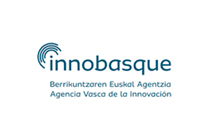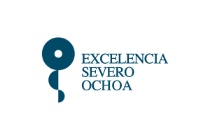 Past events: Joaquín Goñi. Brain connectomics: from maximizing subjects identifiability to disentangling heritable and environment traits
Past events: Joaquín Goñi. Brain connectomics: from maximizing subjects identifiability to disentangling heritable and environment traits
Joaquín Goñi. Brain connectomics: from maximizing subjects identifiability to disentangling heritable and environment traits
What: Brain connectomics: from maximizing subjects identifiability to disentangling heritable and environment traits.
Where: BCBL auditorium
Who: Joaquín Goñi, PhD, Assistant Professor. College of Engineering, Purdue University, USA
When: 12:00 PM
In the 17th century, physician Marcello Malpighi observed the existence of patterns of ridges and sweat glands on fingertips. This was a major breakthrough and originated a long and continuing quest for ways to uniquely identify individuals based on fingerprints. In the modern era, the concept of fingerprinting has expanded to other sources of data, such as voice recognition and retinal scans. It is only in the last few years that technologies and methodologies have achieved high-quality data for individual human brain imaging, and the subsequent estimation of structural and functional connectivity. In this context, the next challenge for human identifiability is posed on brain data, particularly on brain networks, both structural and functional. Here I present how the individual fingerprint of a human structural or functional connectome (as represented by a network) can be maximized from a reconstruction procedure based on group-wise decomposition in a finite number of orthogonal brain connectivity modes. By using data from the Human Connectome Project and from a local cohort, I also introduce different extensions of this work, including an extended version of the framework for inter-scanner identifiability, and an extended version of the framework for disentangling heritability and environmental brain network traits.









